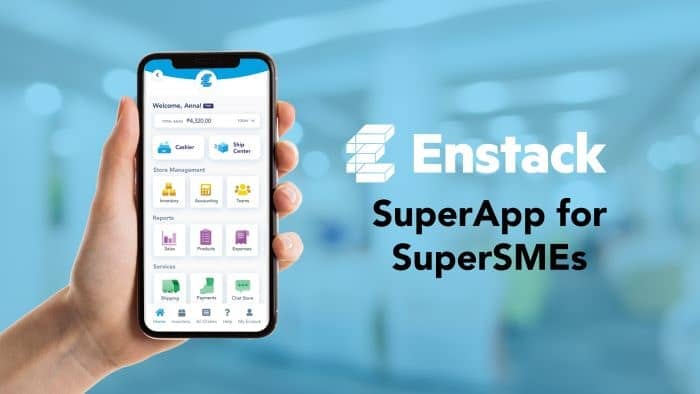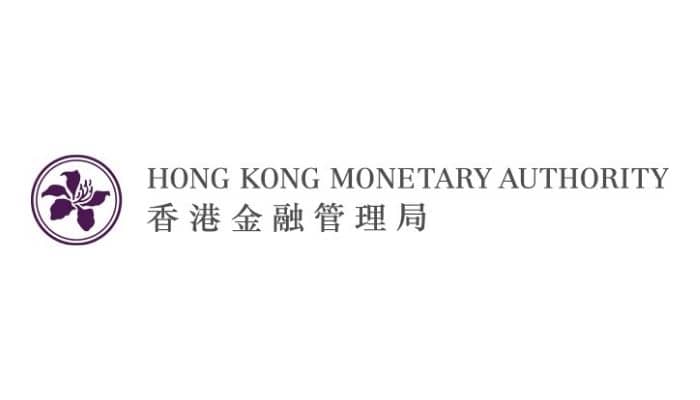Bandung, Indonesia – Indonesia-based social commerce platform Evermos has announced its commitment to support the Government in accelerating the transformation of an inclusive and sustainable digital economy.
Supported by a technology-based platform, Evermos has created an enabling ecosystem for SMEs, local brands, and end consumers through the presence of resellers beyond Tier 1 cities. By the spirit of Ekonomi Gotong Royong, which in English translates to Collaborative Economy, Evermos believes that an inclusive economy is more feasible to realize if supported by comprehensive and sustainable facilities, especially from the private sector, that are accessible for all segments of the society.
In line with the intergovernmental forum G20 Presidency that will be held in 2022 in Indonesia, Evermos reaffirms its commitment to the three areas, which are Digital Economy Transformation, Unemployment Rate Alleviation and Job Creation, and Women Empowerment in the Workplace and Communities.
These points are manifested in Evermos’ daily products and services, through an Evermos application that connects resellers, SMEs, and local brands, with end consumers. In addition to the application, Evermos also provides various facilities, tools, and training for resellers and SMEs to foster their skills and knowledge hence it can be much easier for them to start or grow their businesses.
During the press conference of Evermos’ brand new identity launch on 15 March 2022, Ghufron Mustaqim, Evermos’ co-founder and CEO, explained that the platform application has been working for further improvements and innovations to make sure that even more people can easily join as resellers; it is indirectly stated they actively participate in supporting the growth of SMEs and local brands.
“We have been preparing certain innovations to ensure that the journey for people to become a reseller will be much easier and feasible for literally everybody, not only those who live in Tier 1 cities but also for all grassroots communities. Supported by humanist technology, nowadays everyone will have an equal opportunity to chase over a more prosperous life and be financially independent. This is what makes Evermos different and a lot more competitive compared to other social commerce,” he said.
Mustaqim further shared that SMEs and local brands are within Evermos’ ecosystem, hence they have the access to connect them to the network of resellers, which currently accounts for more than 500,000 resellers across Indonesia’s regions.
“Supported by an inclusive ecosystem for resellers, SMEs, and consumers, we wish that it can enable us to support the government to wider job opportunities and further reduce the unemployment rate,” added Mustaqim.
Meanwhile, Sandiaga Uno, the Minister of Tourism and Creative Economy, noted that he is thrilled to hear about Evermos’ passion and vision for the future of an inclusive digital economy.
“I genuinely wish that Evermos will continue to further contribute to a more sustainable creative economy industry in Indonesia,” said Uno.










